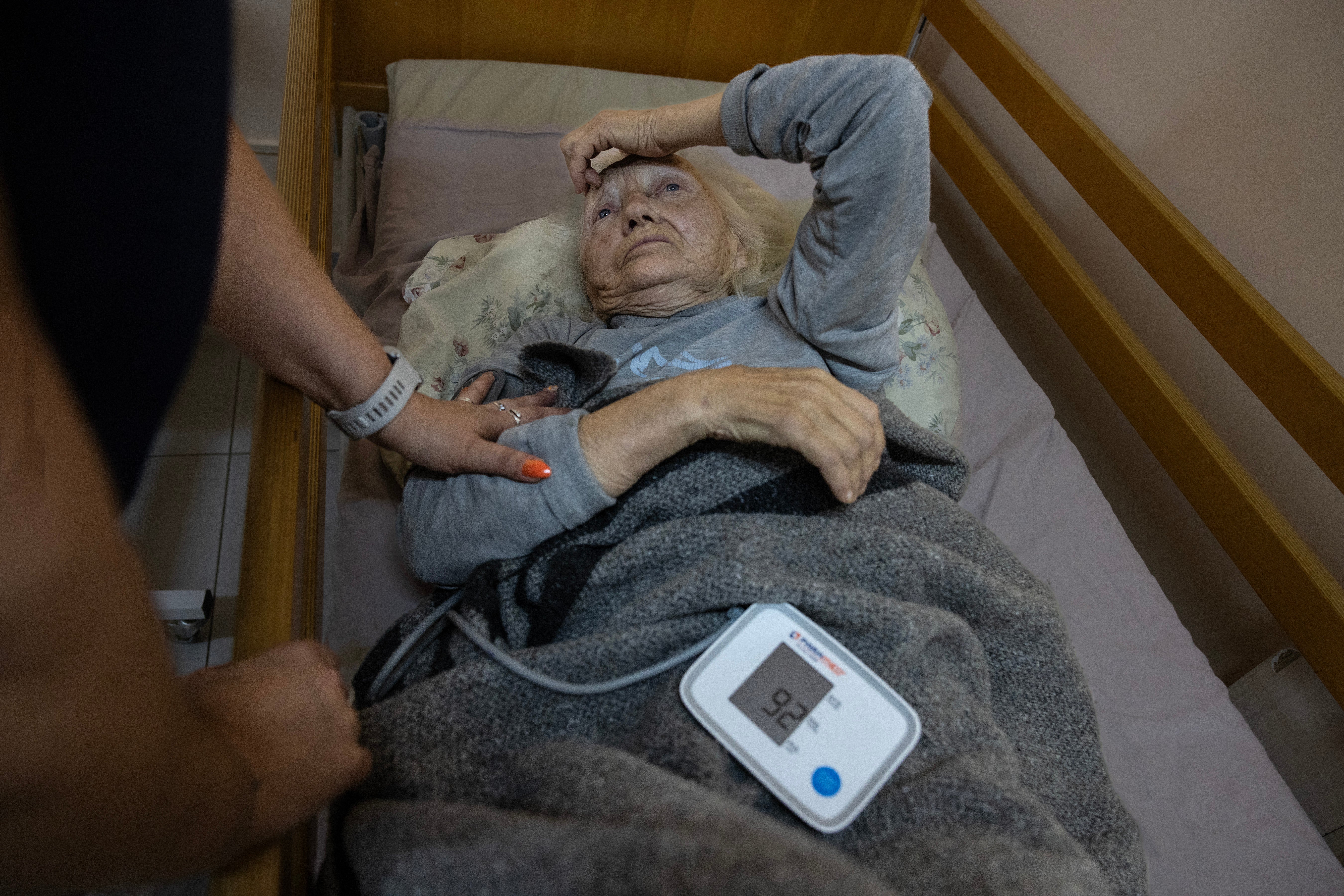People who score poorly on a sleep test are more likely to show signs of faster brain ageing, a new study says.
This may be because poor sleep is linked to increased inflammation of the brain, the study, published in the journal eBioMedicine, explains.
Studies have shown a link between poor sleep and dementia but it has remained unclear if unhealthy resting habits contribute to this disease or they are an early symptom.
Researchers at Karolinska Institutet, Sweden, assessed health data from the UK Biobank of more than 27,500 people who had taken MRI scans to probe the link between sleep characteristics and the brain’s ageing process.
They used an artificial intelligence system to analyse a thousand brain MRIs and estimate the vital organ’s true healthy biological age at various stages of life. The researchers then scored each individual’s sleep quality on five self-reported factors: whether they were a morning or evening person, sleep duration, daytime sleepiness, insomnia, and snoring.
The study participants who scored 4 or more were classified as having healthy sleep, those with a score of 2-3 as intermediate, and anyone with a score of one or less was described as getting poor sleep.

“The gap between brain age and chronological age widened by about six months for every one-point decrease in healthy sleep score,” said study co-author Abigail Dove.
“People with poor sleep had brains that appeared on average a year older than their actual age.”
The researchers also looked at signs of inflammation in the participants and found that low-grade inflammation could explain about 10 per cent of the link between poor sleep and older brain age.
“Our findings provide evidence that poor sleep may contribute to accelerated brain ageing and point to inflammation as one of the underlying mechanisms. Since sleep is modifiable, it may be possible to prevent accelerated brain ageing and perhaps even cognitive decline through healthier sleep,” Dr Dove said.
The researchers suspect other factors like heart health and negative effects on the brain’s waste clearance system, which is active mainly during sleep, may also play a role.
Although the findings are partly based on self-reported measures of sleep, the study highlights the need to prioritise healthy sleep patterns in medical practice and public health policy.



